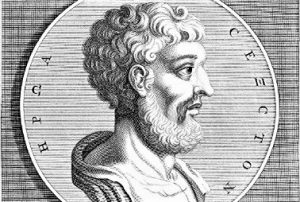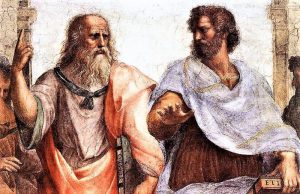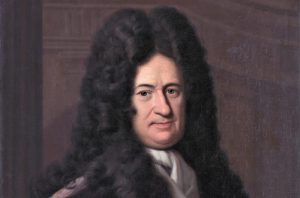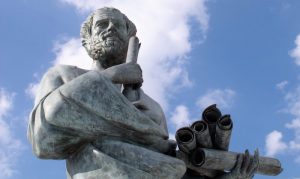Gorgias
Together with Protagoras, this Sicilian-born man represents one of the most important sophists. His enormous oratory capacity, his incredible rhetoric and his teachings, incorporated very notable poetic elements such as parallelism, antithesis, rhyme and the meter. Gorgias was a well-known traveler throughout Greece. He traveled from city to city practicing his teachings. Some people say he was a great disciple of Empedocles, but his most important influence came from the Eleates, who forced him to rethink all his conceptions.

- Occupation: Sophisticated philosopher
- Why is he famous: For being the founder of epidictic oratory
Who was Gorgias?
A supposed Empedocles student and contemporary of Protagoras. Dedicated to teaching rhetorical art as the right way to gain access to power. Born in Sicily, Gorgias was one of the most important sophists along with Protagoras. A great traveler who went from city to city teaching and practicing his rhetoric.
Biography of Gorgias
Greek philosopher who was born around 487 B.C. in Lentini, Silicia. His life was marked by great successes as well as failures. He traveled all over Greece teaching and practicing the rhetorical art and earned large sums of money leading his followers. He was the master of rhetoric of the ancient sophistic and received the name of wise. Son of Carmantides, orator, disciple of Empedocles, master of Polo of Agrigento, of Isocrates and Alcidamante.
He did not have a specific place to live because he dedicated himself fully to walk from one place to another which gave him numerous moments of success. Most of his fame was obtained when his city was being harassed by the Syracusans and when he was sent as a representative before an embassy in Athens to try to convince the chiefs and the people in general to provide protection and ally with them.
When the Athenians were extremely impressed with their art, they allied with them, after this fact, Gorgias had easy and free access to the city and made his fortune. He must also be considered as the father and founder of the “epidic” oratory.
Gorgias thought
Gorgias was in charge of defining his art as a type of oratorical art and always affirmed that he was willing to train people in this type of art, as many as possible and as many as they wanted. He based his philosophy on relativism and skepticism, thinking that truth for each person persuaded us of everything around us. Rhetoric was the art of persuasion and the sophist was the master of opinion. He also thought that nothing existed. He argued that there was a lack of true, convictions and values. He totally denied the existence of permanent things and based himself on the real to declare other opinions as false.
Gorgias contributions
Founder of epidictic oratory, gave contributions regarding the absolute truth which for him does not exist. Important contributions to rhetoric, art and speech in oratory were given by Gorgias. He was one of the first ones to place man’s problems at the center of philosophical reflection. His lessons in rhetoric and eloquence were directed towards politics. He flatly denied the existence of permanent things and devoted himself to declaring false all the opinions that there were on this subject.
Thesis
Gorgias’ thought posture is based on three fundamental thesis which are the following:
- Nothing is or nothing exists: if anything exists, then it should be eternal or not. Something that is eternal has no beginning and because it does not have this principle, then it is infinite and is not found anywhere in particular, so it does not exist. Something that is eternal is contradictory in all its senses. I also thought that if something doesn’t have eternity, then it hasn’t started to be. In the end his conclusion was in every sense that being did not exist.
- If anything existed it would be unknowable: in this thesis, Gorgias asserted that the relationship between what is thought and what is truly real is not adequate. This would lead us to affirm that we could think of things that do not exist and that can be thought of, such as, for example, mythical beings. For him, if what is thought does not exist then it cannot be thought.
- If something existed and were cognizable, it would be incommunicable: This was his simplest and simplest thesis, he says that the human being has communication instruments, specifically the word, the language and he uses it to express the reality of things. Communication shares words. Language is then defective because it does not reflect all our states of consciousness.
Works of Gorgias
Among Gorgias’ main works we can mention the following.
Rhetoric manuals
- Eulogy of Helena
- Defense of Palamedes
Philosophical treaties
- On nature or On non-being
Speeches
- Olympic Speech
- Pythic Speech
- Epitaph
How to cite this article?
Briceño V., Gabriela. (2019). Gorgias. Recovered on 4 January, 2025, de Euston96: https://www.euston96.com/en/gorgias-en/









